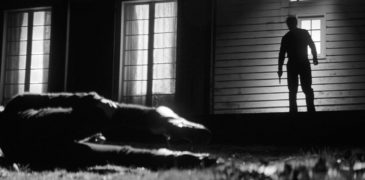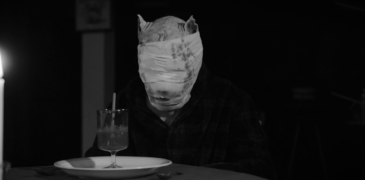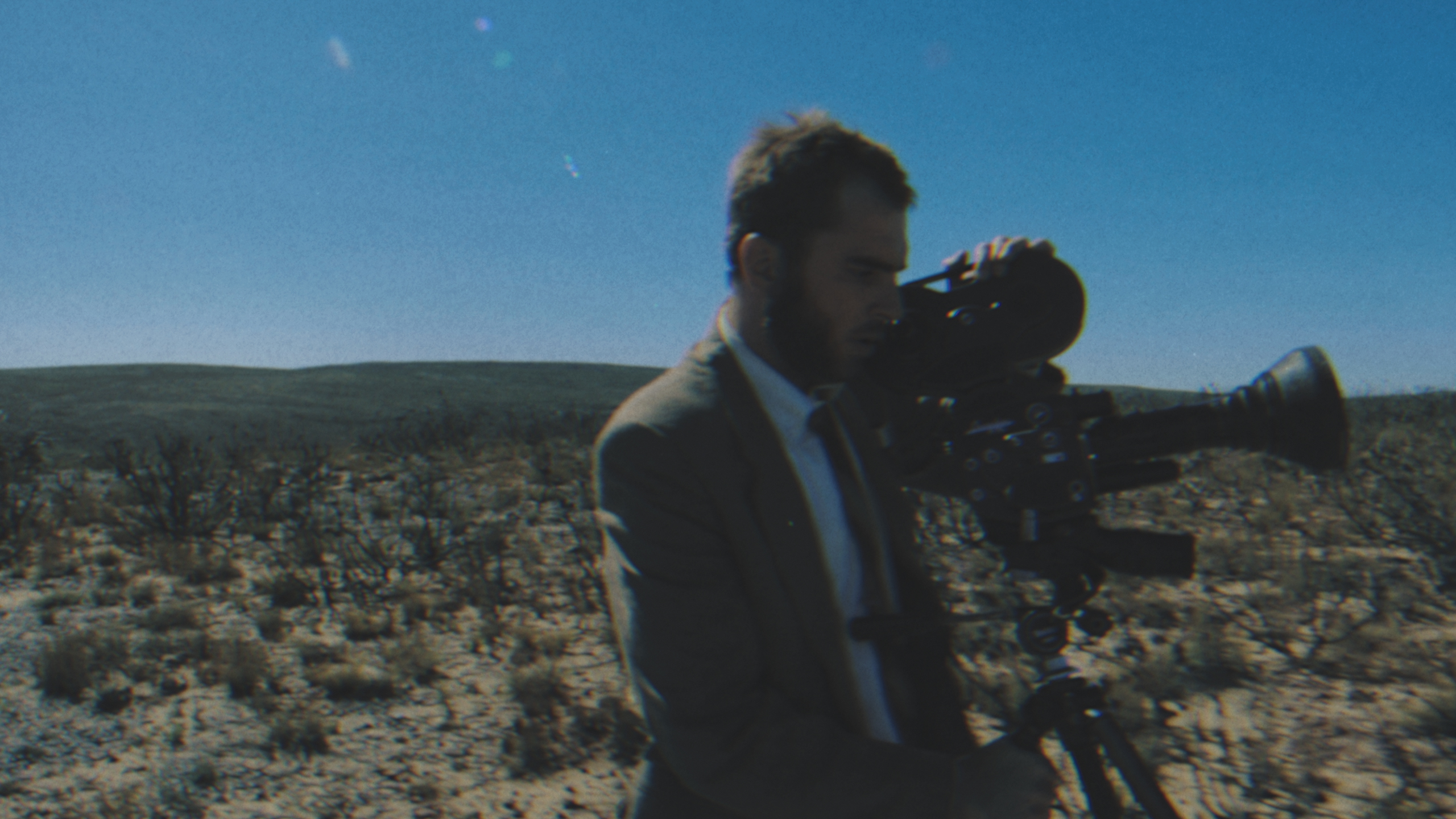
In 1967, four South African Republican Intelligence Agents respond to a mysterious object crash landing on a farm, playing out to offer South Africa’s first found footage horror movie. They expect to find a Russian satellite of some description that could net a CIA payday. What they find instead as they head out with a field testing kit, however: an 8mm camera, and a 16mm camera instead could be a discovery that shakes the world.

Wesens is a surprising movie, living up to online discourse emphasizing the mystery. It can be easy to make an early assumption of what you think is happening, but the final act should dispel the easy route most found-footage features would have taken. What has instead been achieved here is a thoughtful and innovatively constructed surprise; that as the end credits roll, the viewer may realize how they got there but bewildered by the journey itself.
To highlight the possibilities in a review would risk spoiling the experience, it’s definitely best to go in open-minded and just let the weirdness wash over you. The uncanniness of Wessens is driven by strong performances that can make the most of doing little, a remarkable quiet appreciation for the emptiness of a well-chosen location, and the mix of spirituality along with mythology underpinning the writing.
Cast and crew put a lot into a great naturalistic feel for Wesens. If you stop to think about it, some of the topics of dialogue are a little on the nose for what is to come, but the actors deliver it in such a way they get to seed this groundwork without shattering suspension of disbelief. The slow opening is a great example of setting the tone they will go forwards with. The filmmakers have found an interesting way to set the time period, establish an organic feeling of normalcy to go on to subvert, and characterize the main cast all in one car ride. Deliberately minimalistic, and executed to brilliant effect, Wessens almost never feels low budget. It instead is accomplished enough to feel like it is doing exactly what it set out to achieve.
How the filmmakers make full use of the found footage format is a compelling journey, and the location they use certainly helps. Subtle sound work turns the surrounding empty vistas into something sinister as the movie progresses. This overwhelming vastness is always present from the establishing scenes through to final events unfolding, making great use of the outdoor location to agoraphobically oppress the audience.
The crew, the editing team and principal photography crew get impressively innovative in stretching the limited format to get the effect they want. While there are only two possible camera perspectives they can cut between and a limited amount of props, great use is made of this as well as tricks such as diegetic use of a radio the characters have with them to convey a more complex cinematic experience without having to break the found footage boundaries they have set themselves.
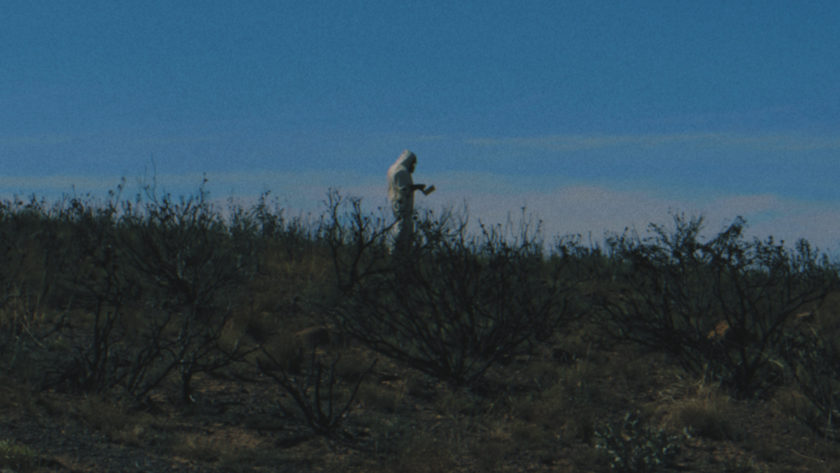
You’re not here to be scared watching Wesens. You’re here to question both the events of the movie and the nature of human existence after it is done. The mystery is strong enough in plotting and execution that you will have multiple opportunities to feel uncomfortable, but there’s no in-your-face jump scares or gore. It’s a cerebral experience to the point where it’s more philosophic science fiction than horror, yet the unease the filmmakers’ construct keeps one foot in the found-footage horror subgenre. The mystery of the object maintains a feeling of unease throughout, so despite there being little in-your-face threat, you have a sustained viewing experience of never quite feeling safe.
That Wesens is such a thinker of a film may make this unsuitable for some unless they are in the right mood for a philosophical slow burner, but it’s more than compelling enough to reel its audience in without any need to approach it with reservation. While not necessarily a good pick for a group movie night it will definitely benefit from having friends who have also seen it to discuss theories afterward. The strangeness it artfully constructs makes it an interesting experience that will go on to stick with you for some time after it is over, light on action as well as intentionally low key in its horror elements this makes the most of the found footage format to craft a powerful atmosphere. The decisions made of how and what to focus on make for a surprisingly surreal experience given how otherwise grounded it is, offering viewers something they will rarely get in a tightly paced 90-minute feature.
This is well worth your time to seek out, just adjust your expectations down from high octane action first and let Wesens take you on a pleasantly bizarre journey full of surprises.
Wesens is Screening as Part of the 2022 Unnamed Footage Festival
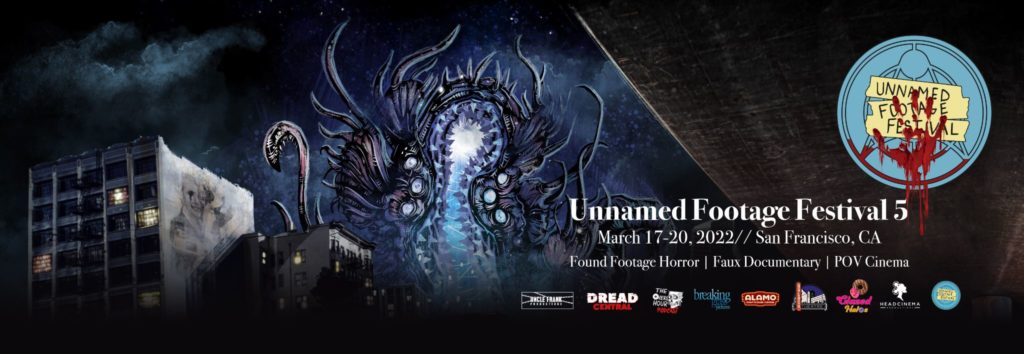

More Film Reviews
“Followed introduces us to aspiring social media influencer “DropTheMike.” When he is offered the opportunity to get a nice stack of cash for sponsorship of his channel, he’s joined by… Fishmonger is a 2023 Irish supernatural horror comedy, written and directed by Neil Ferron with additional writing from Alexandra Dennis-Renner. Not his first time behind the camera, Neil is known… George Carlin has a great routine about the nature of prayer. It can’t be done justice here, though it does arrive at the conclusion that God must have an awful… “You become what you believe” seems to be an enthusiastic phrase until you watch Josh Stifter’s black comedy horror Greywood’s Plot. Born out of a low-budget production and undying devotion… A bizarre blend of Phil Tippett’s Mad God and Dario Argento’s Suspiria, Robert Morgan’s feature debut Stopmotion (2023) is an indie horror film that weaponizes the maddening process of stop… c Despite being Japan’s oldest film studio, Nikkatsu by the late 1960s was struggling: with TV quickly becoming the go-to source of entertainment, ticket sales for films were at an…Followed (2018) Film Review – Found Footage Horror at Its Best
Fishmonger (2023) Film Review – A Tale As Old As Time [Fantastic Fest]
The Righteous Film Review: Fantasia Festival 2021
Greywood’s Plot (2020) Film Review – A Low Budget Exercise of Creativity
Stopmotion (2023) Film Review – The Magic of Animation
Cruel Woman’s Love Suicide (1970) Film Review – Forbidden Lesbian Love Ushering in a New Era of Erotic Film
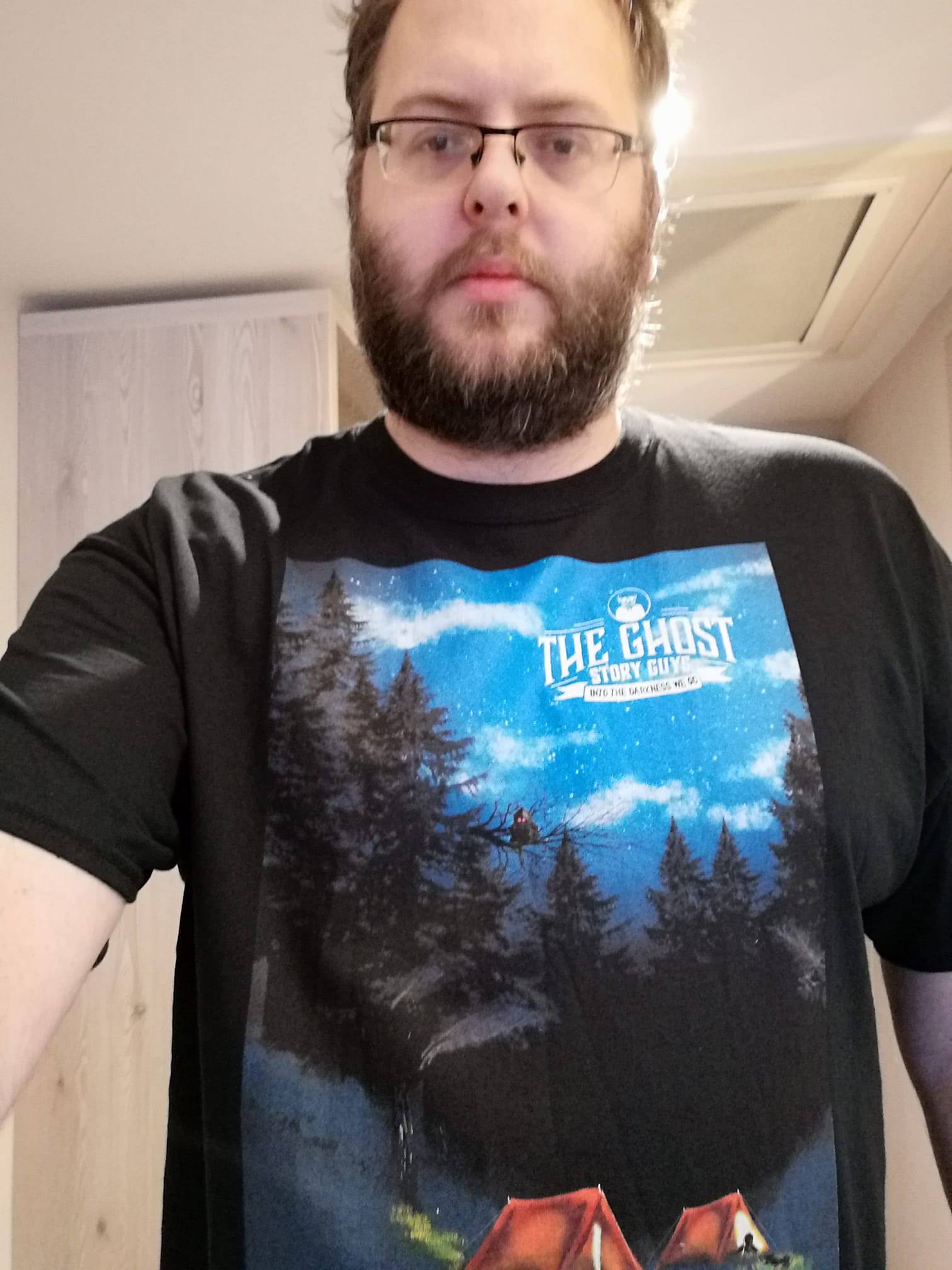
Luke Greensmith is an Editor at the Grimoire of Horror and an active folklorist as well as working in film across a few roles. While this can cover quite a wide range of things, he’s a dedicated horror fan at heart and pretty involved with horror communities both online and local to him. You can find their folklore work on the Ghost Story Guys Podcast, their own LukeLore podcast, and accompanying the artist Wanda Fraser’s Dark Arts series as well as on the Grimoire of Horror itself.
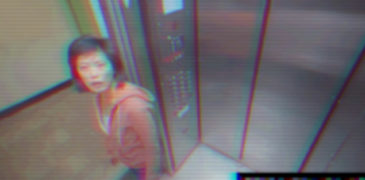
![Fishmonger (2023) Film Review – A Tale As Old As Time [Fantastic Fest]](https://www.grimoireofhorror.com/wp-content/uploads/2023/09/Fishmonger-365x180.jpg)
